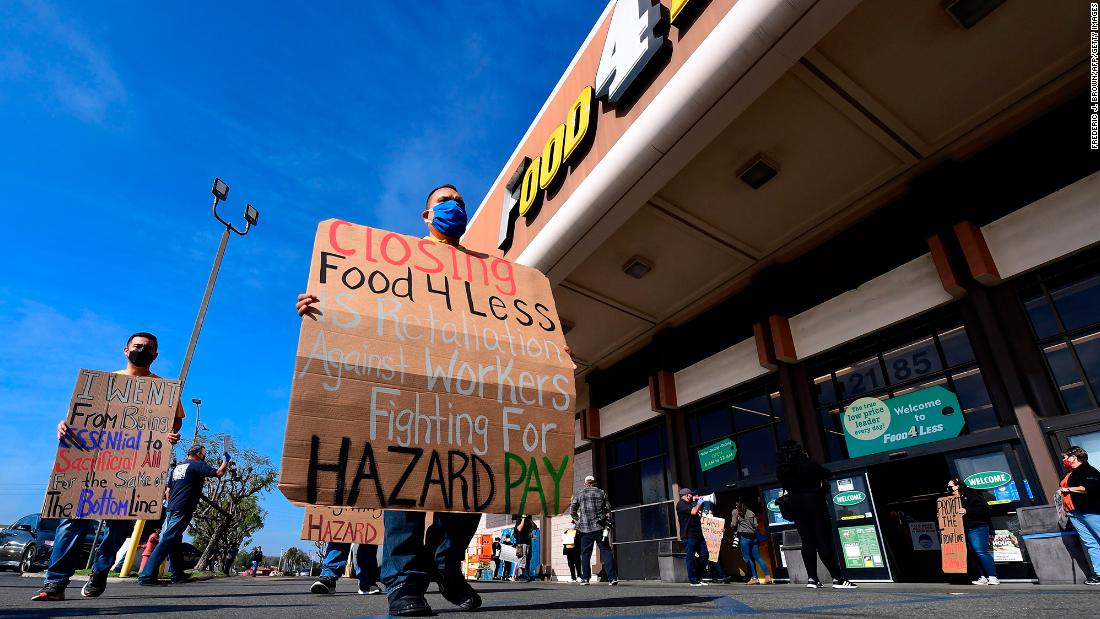I was debating posting this here or in the COVID thread. But I figure this is more of a political discussion.
On the West Coast, many local municipalities have started enacting hazard pay laws for front line workers such as grocery store workers.
Seattle is the latest city to enact hazard pay legislation which went in effect earlier this month. It pays workers an additional $4 an hour in hazard pay for the remaining duration of the pandemic.
We think this is good news right? A story about right being done by those working hard on the front lines?
Unfortunately, the opposite is true. For those that work at Kroger it has cost them their jobs.
Kroger announced they are closing their 2 Seattle locations and released the following statement.
These are just the latest 2 stores Kroger has closed over hazard pay requirements. Kroger has also closed other stores on the West Coast in recent months in municipalities that have also enacted hazard pay requirements. Long Beach and Montebello have also passed Hazard Pay requirements for grocery store workers. Kroger closed 2 stores in these locations earlier this month. A Ralphs location and a Food 4 Less, which are apparently other grocery store brands Kroger owns.
Los Angeles and Berkeley have proposes to introduce legislation to require hazard pay for grocery store workers. Kroger opposes and has threatened city council members that should they pass this it would result in Kroger likely having to close their locations in these cities.
Kroger will close two stores in Seattle over the city's $4-an-hour hazard pay requirement for grocery workers, an escalation of the grocery chain's push against newly-passed hazard pay laws growing on the West Coast.

www.cnn.com


